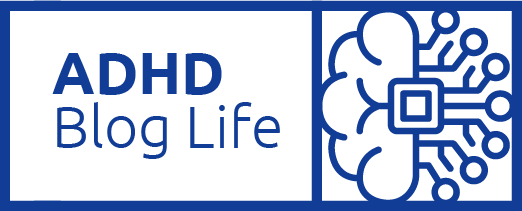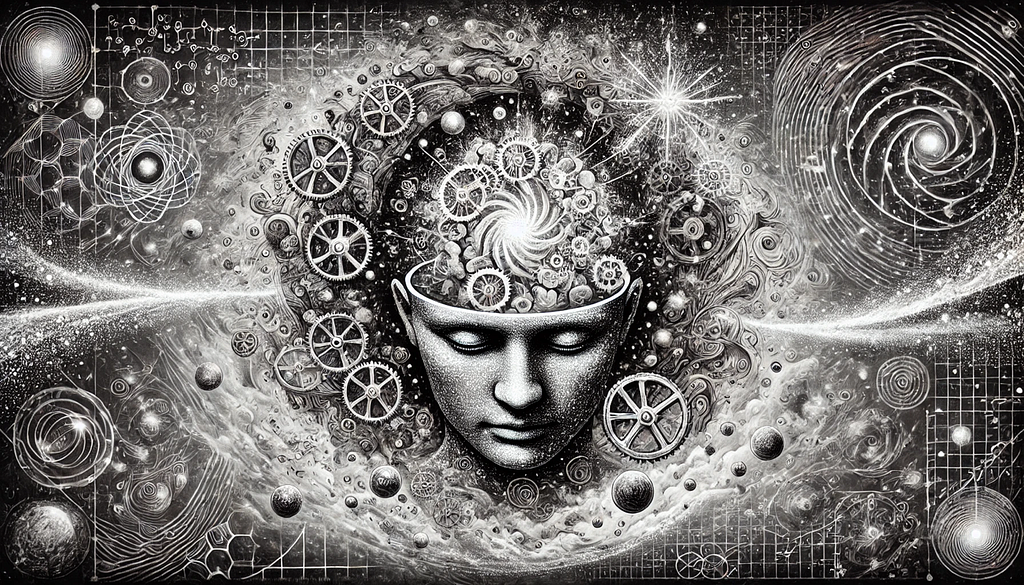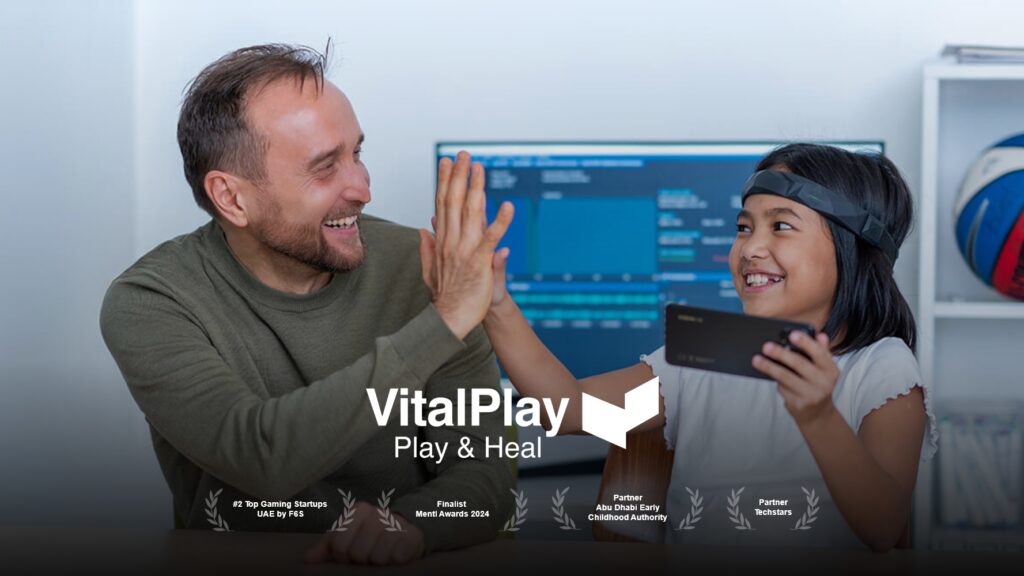
“Wealth is not a number. I don’t think it can be characterized very well by a number. It is the set of all transformations that you are capable of bringing about. That is your wealth. And if optimism is true, then there’s no limit to wealth.“ — David Deutsch
This might be my favorite podcast episode ever: Tim Ferriss hosting David Deutsch and Naval Ravikant. The episode delves deep into some of the most profound questions about the universe, human knowledge, and our role in the grand scheme of things.
It’s not often that a conversation bridges theoretical physics, philosophy, and personal empowerment so seamlessly. Here’s a distilled reflection on the key ideas discussed.
The Power of Knowledge and Explanation
At the heart of the discussion is David Deutsch’s concept of the “four strands” of understanding the universe, outlined in his book The Fabric of Reality. These are:
1. Epistemology (the theory of knowledge), influenced by Karl Popper, which challenges the simplistic view of the scientific method as mere observation and theorization. Deutsch and Naval emphasize that science grows through conjecture, criticism, and the relentless pursuit of better explanations.
2. Quantum Theory, particularly the multiverse interpretation, which Deutsch has significantly advanced. He underscores how quantum computation reveals the multiverse’s reality by leveraging its possibilities for calculations.
3. The Theory of Evolution, beyond biological processes, showing how memes and ideas evolve as carriers of knowledge.
4. The Theory of Computation, tracing its lineage from Alan Turing and expanded by Deutsch, which forms the foundation for understanding not just machines but the essence of human thought.
Deutsch explains that good explanations are hard to vary while still accounting for all observed phenomena. For example, the tilt of the Earth explains seasons in a way no alternative myth or simple story could.
Optimism as a Principle
A standout moment is the principle of optimism that Deutsch advocates. He argues that every problem worth solving is, in principle, solvable — provided we avoid dogma and preserve the means of error correction. Naval ties this to human ingenuity: unless constrained by the laws of physics, humans can theoretically solve any problem.
This philosophy aligns with Deutsch’s view of humans as universal explainers, capable of generating limitless knowledge and reshaping the universe through creativity. It’s a refreshing, empowering outlook in a time where despair often dominates the narrative.
AGI, Disobedience, and Creativity
The conversation shifts to artificial general intelligence (AGI) and why it’s fundamentally different from narrow AI. Deutsch asserts that AGI requires true creativity — an ability to form explanations and explore the unknown, much like humans. This disobedience, a hallmark of human intelligence, is what separates us from automatons. Naval beautifully encapsulates this by saying, “It is more important to raise a disobedient child than an obedient one.”
Humans: Central to the Universe
A provocative yet inspiring thread is the idea that humans are not just “chemical scum” but central to the universe’s evolution. As creators of knowledge, humans have already begun breaking the “hierarchy rule,” where small, knowledge-rich entities can reshape vast, inert systems. From the oxygenation of Earth by a single molecule of DNA to future asteroid mining, humanity’s creativity defines our outsized role in the cosmos.
The Infinite Potential of Wealth
Naval and Deutsch redefine wealth, not as material accumulation but as the set of transformations one can bring about. Wealth, like knowledge, is unbounded. Whether transforming sunlight into energy through solar power or turning asteroids into resources, wealth expands with every new idea. This perspective challenges the notion of finite resources, emphasizing the limitless potential of human ingenuity.
Why it matters
This podcast isn’t just a discussion of lofty theories; it’s a practical exploration of how these ideas influence our daily lives and decisions. It’s a reminder that truth-seeking, creativity, and optimism aren’t just intellectual exercises — they’re the engines of progress and fulfillment.
For those intrigued by the ideas, I highly recommend diving into Deutsch’s books The Beginning of Infinity and The Fabric of Reality. As Naval advises, these books are meant to be read slowly and revisited often. They challenge deeply held assumptions, but in doing so, they return a sense of agency and wonder to the individual.
If you’re looking for a deep dive into knowledge, creativity, and the future of humanity, this podcast is a must-listen. It’s not just an episode; it’s a masterclass in thinking.
Listen here
https://open.spotify.com/episode/6nE2aDcXQye5R402hYIbGI?si=f7c04e058b6845ce
Details of the episode
https://tim.blog/2023/03/23/david-deutsch-naval-ravikant/
Uluc Yuca
Exploring “The Fabric of Reality” with David Deutsch and Naval Ravikant was originally published in DataBulls on Medium, where people are continuing the conversation by highlighting and responding to this story.






